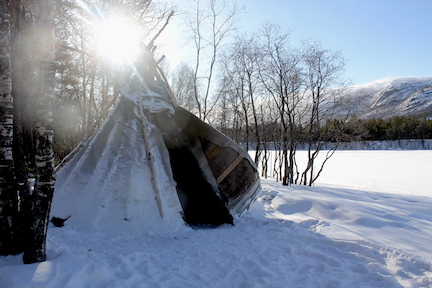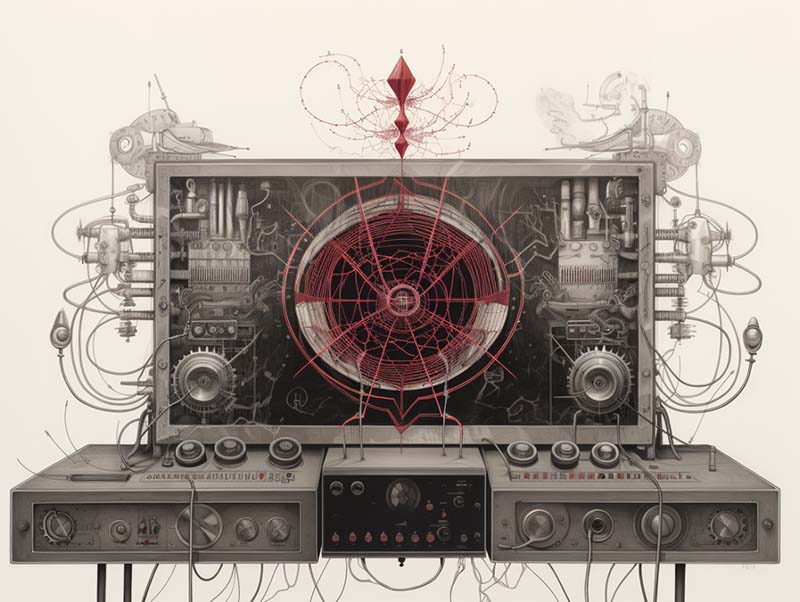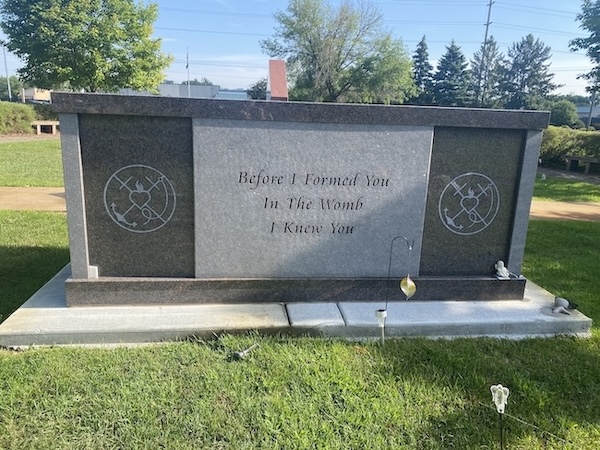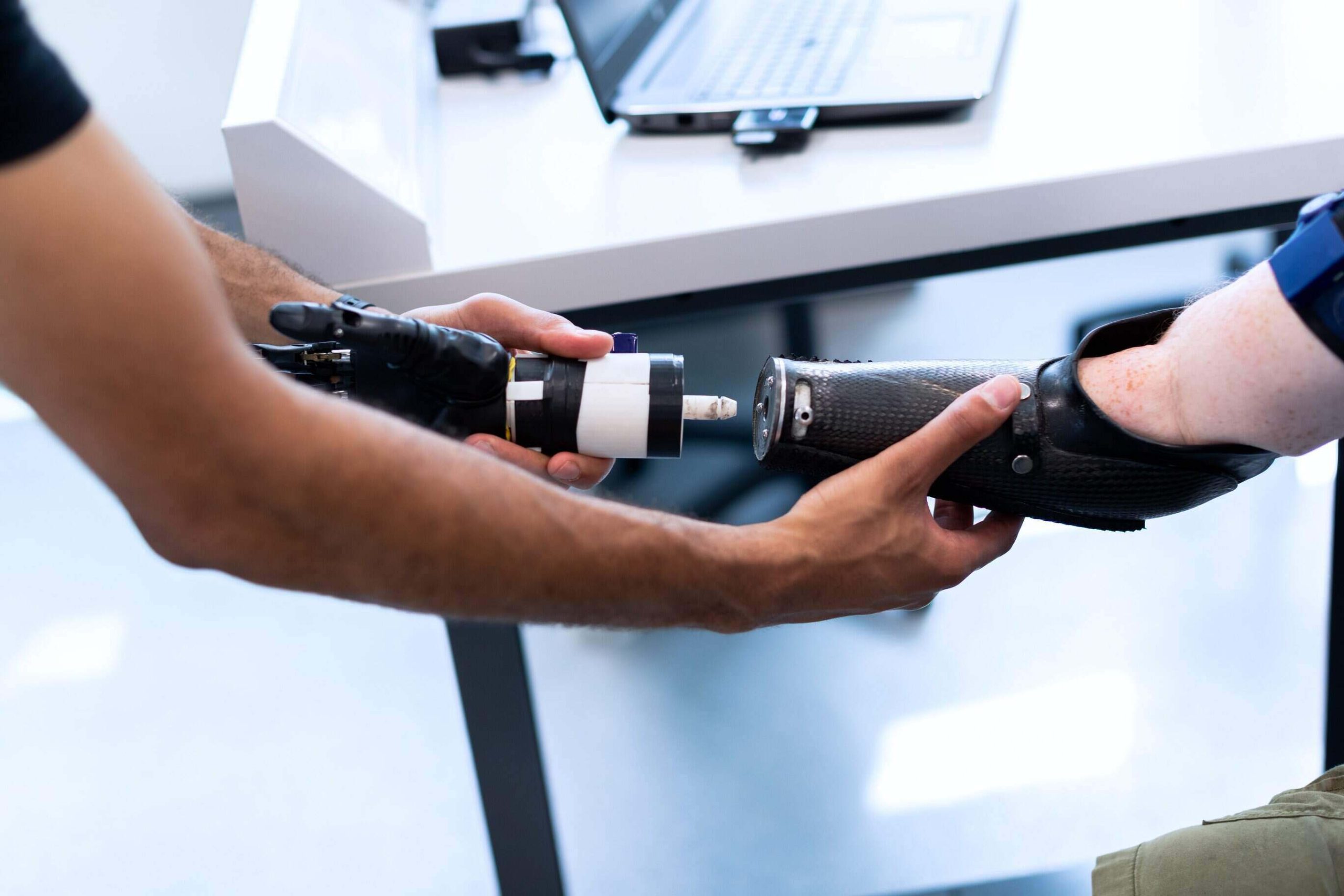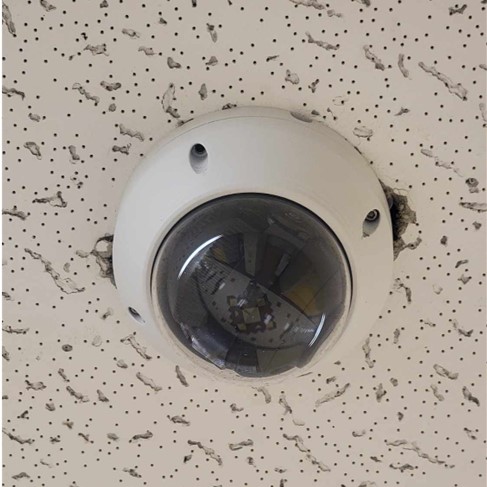
High Costs, Entangled Politics: What All Comes Inside a Medication’s Packaging
On October 17th, 2023, two news articles about the Brazilian federal budget circulated on social media. One announced the freezing of R$116 million (US$23.3 million) from the budget of CAPES, the national agency responsible for fostering the training of scientists in Brazil. The other reported that a mere three drugs for rare diseases had accounted for an amount of R$575 million (US$115.6 million) in annual federal spending. These two budgets belong to different departments, and the spending in one does not have a direct connection to the cuts in the other. Furthermore, neither the cuts in science nor the expenses of high-cost drugs are a novelty, but rather issues that frequently appear in the news. However, the coincidence of these news stories circulating on the same day allows us to use them as anecdotes to consider the relationships between the state, science, technology, the pharmaceutical industry, economic dependency, and global circulation. (read more...)


